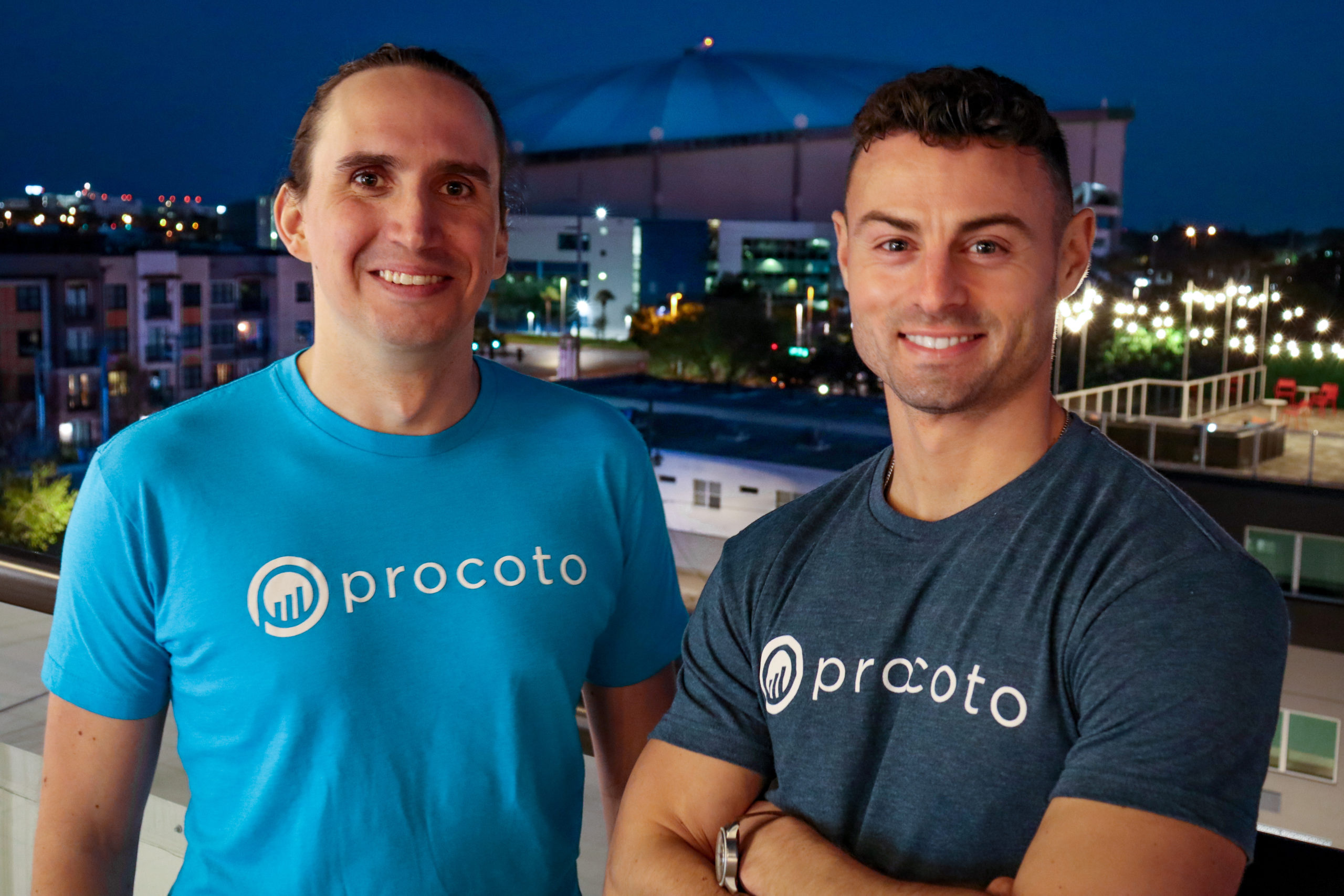Procoto founder Michael Otis is no stranger to the Atlanta startup ecosystem.
As a previous employee of logistics software startup Stord and waste technology company Rubicon Global, he’d seen startups scale. But he’d never been the founder to get it off the ground.
When founded Procoto, a self-service procurement software startup, he knew he needed some direction. He turned to Silicon Valley’s prestigious Y-Combinator accelerator, a program famous for providing seed funding to explosive startups like Airbnb, DoorDash and Stripe.
He got in.
Y-Combinator accepted Procoto into its winter 2021 cohort and provided a $125,000 investment. The accelerator ends with an invite-only Demo Day on March 23. About 1,500 investors and media will attend.
Otis said the months in the now-remote accelerator have given Procoto a better sense of their customer base.
“Part of what’s great about YC is that their instruction is a Socratic approach,” Otis said. “They’re not going to tell you how to run your business, but they’re going to coach you and guide you to the right decisions.”
Procoto is set to launch a self-service procurement software for small businesses by June 1, Otis said.
Instead of small businesses having to go through expensive procurement processes to find the best vendors and products, Procoto allows them to enter their needs into the system and gives them a marketplace of vendors and products.
“There isn’t really a platform that caters toward a 50-person or 100-person company if you can’t afford a six-figure agreement with Coupa or Ariba,” Otis said. “That’s what we’re going after.”
The idea for the startup came because of his experiences at Stord and Rubicon. Otis saw the procurement process through a small- and large-company lens and wanted to make a process that was more efficient and less costly.
Otis launched Procoto in February 2020 with his co-founder and chief technology officer Ryan Muckel. The startup currently has five clients.
Starting a company at the onset of the pandemic meant a switch in pitching the software, Otis said. Procoto could help companies save money, and the software is built to be used by anyone on the team and functions in remote settings.
“That ended up being really fortuitous with what’s going on in the world as companies move remotely,” Otis said.
The next steps for Procoto are hiring two more engineers, gearing up for the public launch of the software and continuing to scale, Otis said.


